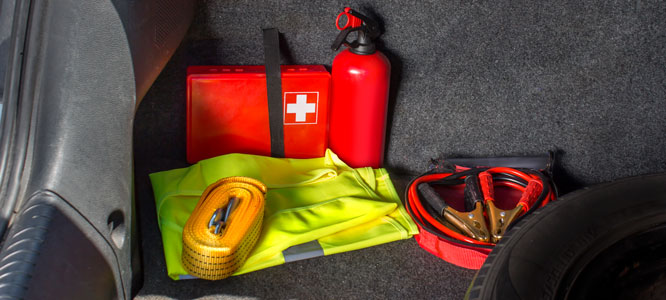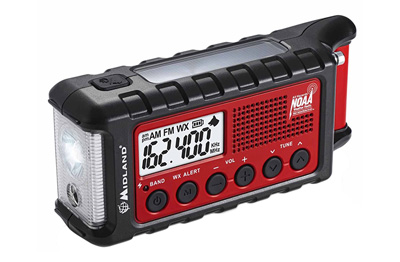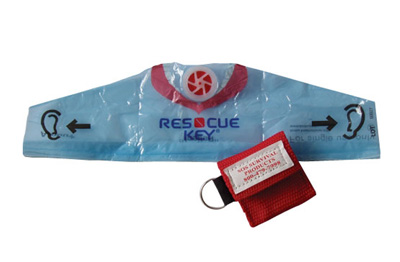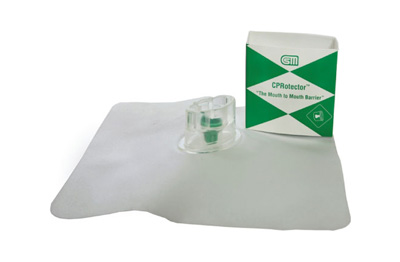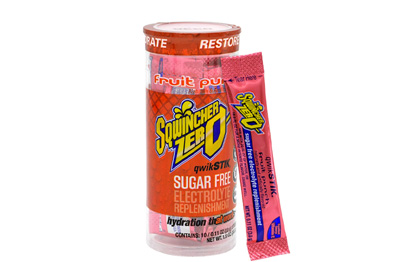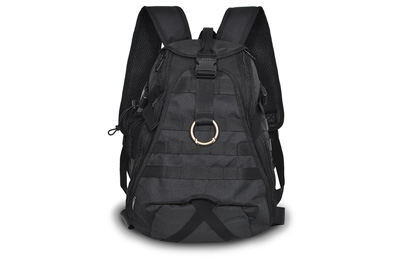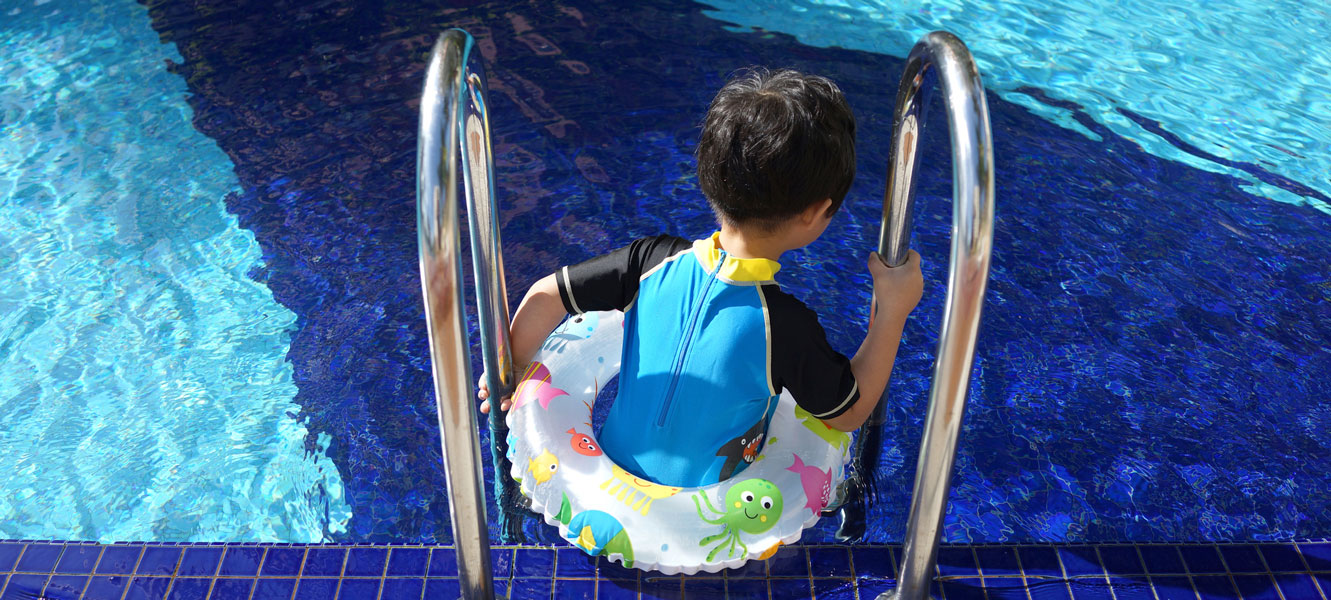
Water SafetyWednesday, April 7, 2021 May is National Water Safety Month, and SOS Survival Products is here to remind you about the do's and don'ts of swimming, boating, and other recreational water activities. Whether you prefer to spend your summers lounging by the pool or on the beach or you're ready to hitch up the boat or jet ski for a trip to the lake, equipping yourself with proper water safety knowledge is a must. Safety should always come first. Drowning happens fast and silently. The CDC reports that between 2005 and 2014, an average of 3,536 deaths per year occurred from accidental drownings. Roughly one in five drowning victims this year will be 15 or younger. Don't let you or your child become a statistic. There are ways in which you can prepare yourself and your family. Learn water safety now, follow the rules closely, and get ready to enjoy a fun and safe summer. DON'T SWIM ALONEIs there a lifeguard on duty? Many swimming spots don't have lifeguards, so you might need to buddy up. You've heard it before, but we stand behind this rule 100 percent. Even if you think you're a good swimmer, by buddying up, you statistically increase your chances of being noticed should your safety suddenly be in danger, no matter your water competency. So make swimming with a buddy your number one rule for water safety, whether you're taking a dip in the pool or you're planning something more adventurous. SWIM IN DESIGNATED AREASSwimming in areas that are potentially hazardous will unfortunately render the buddy system ineffective. So perhaps the number one safety tip is only to swim in safe places designated for swimming. If you and your swimming partner are both caught in an undertow or rip currents, a sudden tidal change or swept away by a strong, unseen current, neither will be of help to the other - a terrifying and deadly situation. Avoid isolated and non-designated areas with which you aren't familiar in order to avoid being caught off guard. DON'T CLIFF JUMP OR DIVEWith the exception of designated locations and tourist attractions, we recommend you leave this activity where it belongs: in the movies. Without a dinosaur at your heels, the act of cliff diving simply amounts to you voluntarily throwing yourself off rocks into another set of rocks. While exhilarating, without a proper knowledge of the area, cliff diving can result in serious injuries and death. You never know if there are rocks or shallow water below you. It's also important to avoid diving in swimming pools marked no diving. DON'T LEAVE CHILDREN UNATTENDEDAs a parent, you're already aware of the dangers of drowning, but we believe this point is worth driving home. Drowning is a silent killer. Forget what you think you've learned from beach dramas and soap operas: the signs of drowning aren't apparent. Drowning victims don't flail, thrash or scream because complete submersion occurs in seconds. Inexperienced swimmers as well as those with more advanced swimming skills can still fall victim to drowning. Don't be distracted by your phone, a conversation, or a daydream. A child's life is more important. Keep an eye on your child(ren) at all times, especially young children. BE AWARE OF WEATHER CONDITIONSA sudden change in weather can ruin a trip to the beach and can be devastating if you're planning on boating this summer. Always check the weather before leaving and stay up to date on changing weather conditions while out. Drops in temperature, heavy rains, and increased wind speeds can quickly turn your boating trip into a disaster. Changes in wind can have a drastic change in the water. To keep ahead of these changes, designate a water watcher to detect dangerous changes in open water before it's too late. WEAR A LIFE JACKET
As adults, we've become accustomed to the idea that life jackets are for small children and those who can't swim. But in the wrong conditions, boating without a life jacket can be the equivalent of jumping out of a plane without a parachute. No matter your water safety skills, you should wear a life jacket.
PREVENT DEHYDRATIONDehydration can happen quickly and unnoticed, even during swim lessons when splashing in the water. We lose an average of about 3 liters (or 3 quarts) of water per day through breathing, sweating, and urinating. A few hours in the warm sun combined with swimming, volleyball, or other recreational activities can cause dehydration quickly, even when you may not feel particularly hot or thirsty. Once dehydration has set in, you may experience loss of balance, headaches, and confusion. Make adequate fluid intake a vital part of your pool and beach safety plan by drinking water regularly, even if you aren't thirsty, and avoiding sugary drinks like juice or soda. DON'T DRINK AND SWIMA margarita by the pool, a cold beer while tubing, or a glass of wine while boating - swimming and alcohol tend to want to go together like s'mores and camping. But when combining the effects of alcohol with prolonged exposure to sun and heat, drinking in or near water can have devastating effects. Impaired judgement sets in quickly, allowing you to take risks you wouldn't normally take. Decreased balance combined with increased carelessness can quickly result in a tumble overboard and the inability to know which way is up. Don't risk injury or death. Swim now, drink later. LEARN CPRNo matter what your plans are this summer, we recommend you make CPR a part of your knowledge repertoire. CPR is easy to learn, easy to perform, and it can help save lives. Don't find yourself unprepared in the event of a drowning accident or injury, and ensure you’re prepared anytime should a family member, friend, or neighbor require your assistance. From lounging and tubing to adventurous sports and boating, summer provides the perfect opportunity for a variety of water-related activities. Stay safe throughout them all with these water safety tips from SOS Survival Products. |


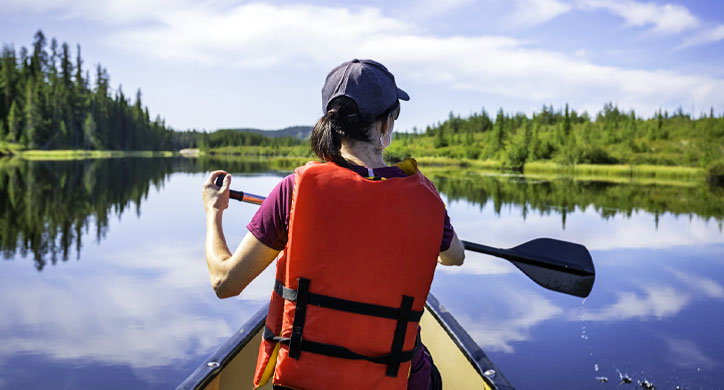 Moving water contains an unimaginable force, and oceans and lakes are crossed by strong and unseen currents that can be difficult to navigate. Because of this, we recommend that unless you've dropped anchor in calm waters, you keep your life jacket on and follow other recommended boating safety tips at all times.
Moving water contains an unimaginable force, and oceans and lakes are crossed by strong and unseen currents that can be difficult to navigate. Because of this, we recommend that unless you've dropped anchor in calm waters, you keep your life jacket on and follow other recommended boating safety tips at all times.
